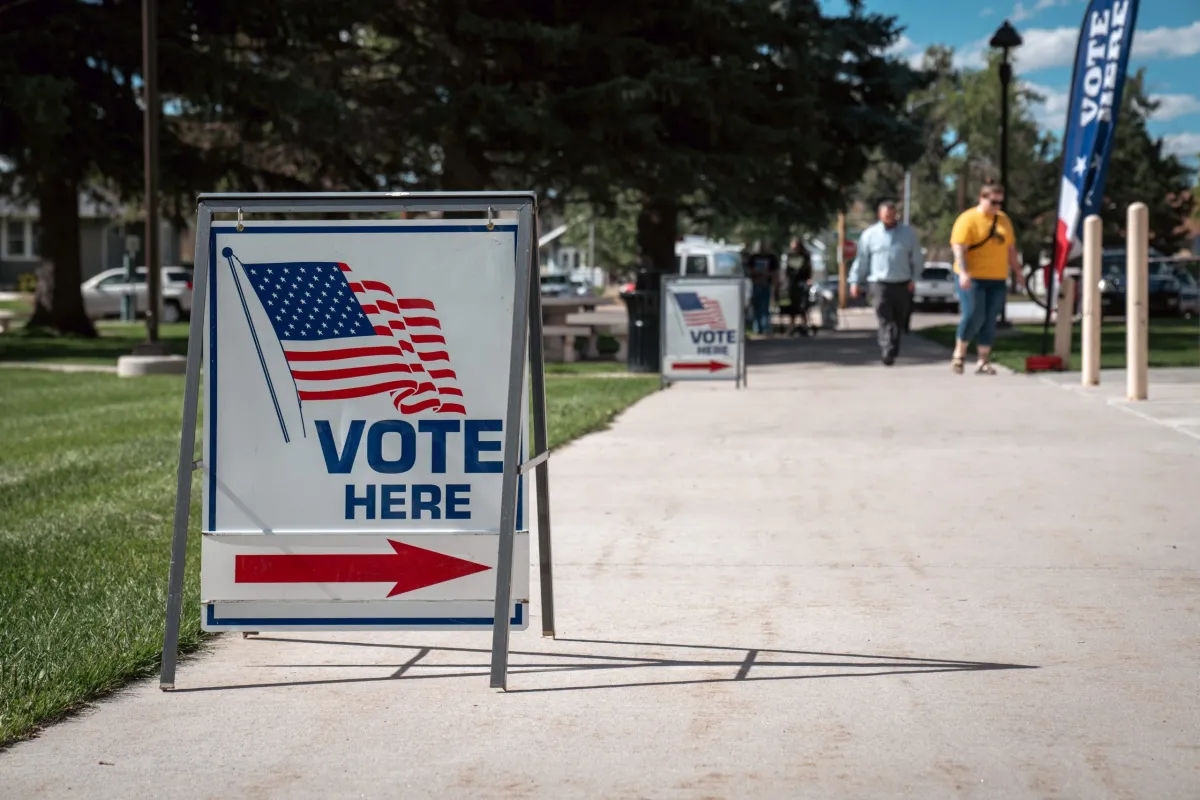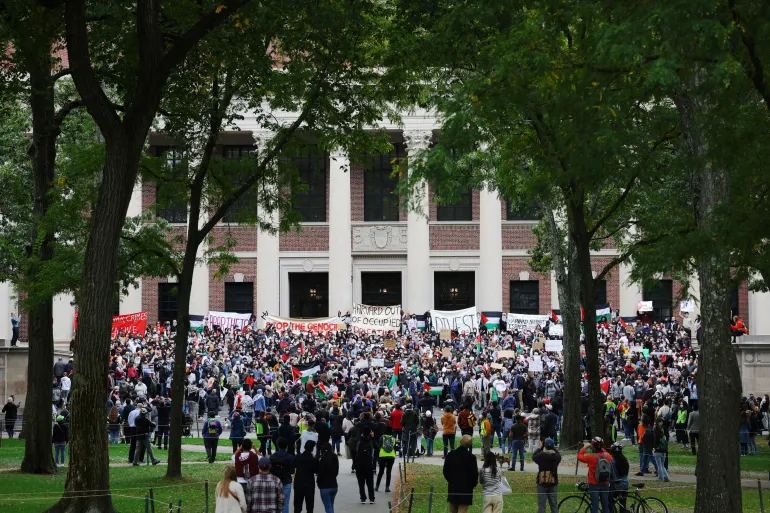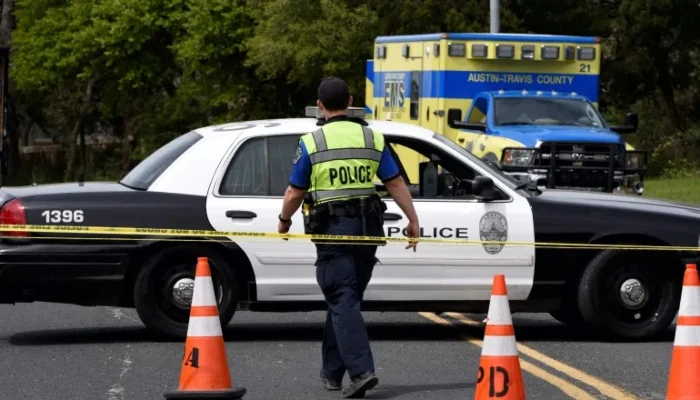A growing number of student loan borrowers are struggling to keep up with payments, according to new estimates from the Federal Reserve Bank of New York.
The data shows that a record share of student loan debt is now delinquent, raising concerns about financial stress for millions of Americans.
Nearly one-quarter of student loan borrowers have fallen behind on payments, marking the highest delinquency rate on record. According to the New York Fed’s calculations, 16% of student loan balances were at least 90 days past due by the end of 2024, representing nearly $250 billion in overdue debt. This affects approximately 9.2 million borrowers—or 23% of the 43 million Americans with outstanding student loans.
During the COVID-19 pandemic, the US government temporarily suspended student loan payments and stopped reporting missed payments to credit agencies. This pause lasted nearly three years, shielding borrowers from financial penalties.
However, when federal student loan payments resumed in 2023, many borrowers struggled to restart payments. The government introduced a one-year “on-ramp” period through September 2024, which prevented delinquent loans from being reported to credit bureaus. But as this period comes to an end, missed payments will soon start impacting credit scores.
The surge in delinquencies is already affecting borrowers’ credit scores, which could make it harder for them to qualify for credit cards, auto loans, and mortgages. The New York Fed estimates that 9 million student loan borrowers will see their credit scores drop in the first half of 2025.
Economists warn that widespread credit score declines could have ripple effects across the economy, leading to:
Reduced access to credit for millions of borrowers
Higher interest rates on future loans
Potential declines in consumer spending
Experts are closely monitoring whether student loan delinquency rates will continue to rise as more borrowers struggle to adjust. If the trend continues, it could lead to more defaults, wage garnishments, and even government collection actions.










The latest news in your social feeds
Subscribe to our social media platforms to stay tuned